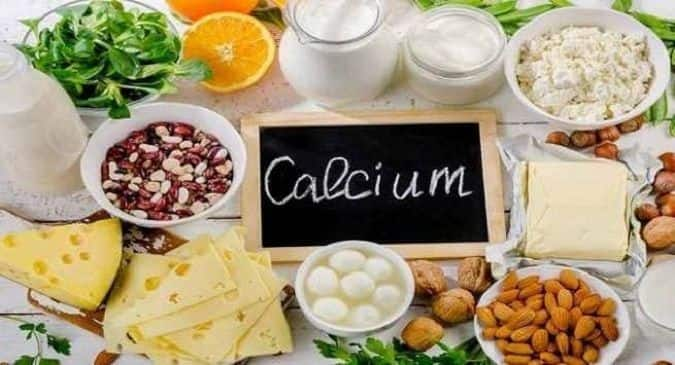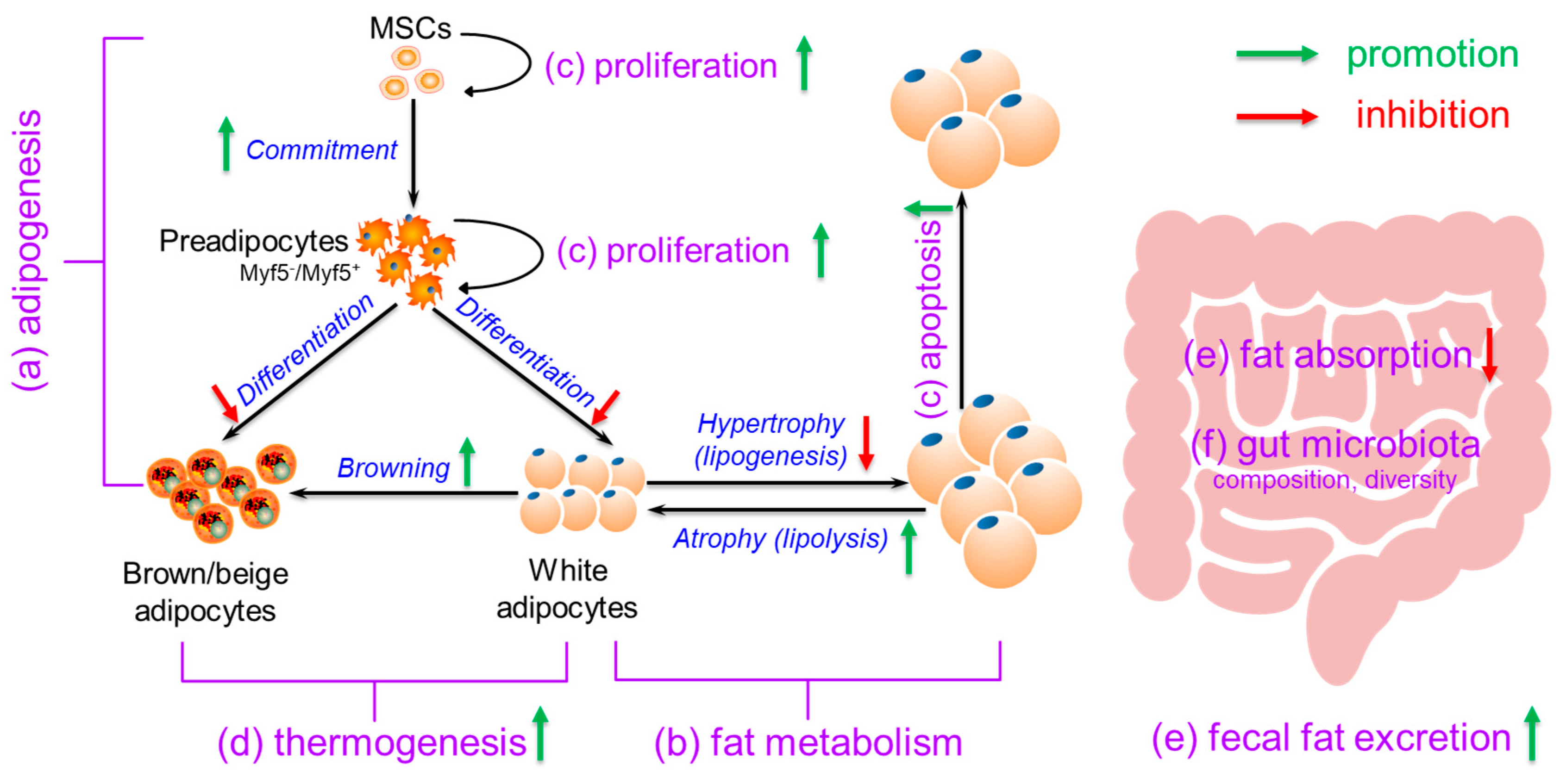A low-calcium diet may increase your risk of obesity. Dairy products are the primary sources of calcium in the typical American diet.

Pin On Natural Remedies To Cure A Cold
A low-calcium diet may increase your risk of osteoporosis.

. Instead of salt try using herbs and spices to enhance the taste of food. 1 Diet has been reported as a major contributor to alarming prevalence of obesity. Low calcium diets may increase risk of obesity if they are high in fats or calories.
Reduce packaged and convenience foods fast foods and processed meats which are often high in sodium. 1 While obesity is related to multiple disease outcomes 2 it is also a risk factor for certain chronic diseases 3 such as diabetes. Obesity can increase cancer risk in three key ways.
According to this hypothesis a low dietary calcium intake inhibits lipolysis stimulates de novo lipogenesis and decreases fat oxidation. Obesity heart disease hypertension diabetes. 1 depletion of the calcium nutrient reserve.
Researchers tracked the diet and lifestyle habits ofmen and women for up to 20 years looking at how small changes contributed to weight gain over time. Eating too much salt can contribute to calcium loss and bone breakdown. Excess body fat can contribute to insulin resistance.
Effect on dietary fat absorption of orlistat administered at different times relative to. Sulfur phosphorus and magnesium are all considered major minerals. Sustained low calcium levels in your blood may confirm a diagnosis of calcium deficiency disease.
Calciumdairy supplementation may accentuate the impact of a weight-reducing program in obese low calcium consumers. While riks fundamental metabolic function of calcium is to serve as a second messenger coupling intracellular responses to extracellular signals parathyroidectomy low calcium diets may increase your risk of obesity deficiency of calcium is manifested at a higher level of organization. One of the side-effects of taking steroid tablets in the long term for three months or more is an increased risk of developing osteoporosis.
A cross-sectional study in 537 adults reported that low dietary calcium intake was among the risk factors significantly associated with overweight and obesity even after adjustment for several other relevant variables. Through these mechanisms a low dietary calcium intake leads to weight gain whereas a high dietary calcium intake exerts the opposite effects. C promotion of adipocyte.
B modulation of fat metabolism with decreased fat synthesis lipogenesis and increased fat breakdown lipolysis. This concept was validated in obesity-prone transgenic mice in which low-calcium diets impeded body fat loss whereas high-calcium diets suppressed fat accretion and weight gain on an obesity-promoting diet and markedly accelerated weight and fat loss during caloric restriction. Eat non-dairy foods that are good sources of calcium such as broccoli dried peas and beans kale collard dark green leafy vegetables canned salmon with soft bones sardines calcium-enriched fruit juice blackstrap molasses almonds and tofu processed with calcium.
The key is low-fat dairy sources says lead author Hang. Lower your salt intake. Accordingly suppressing calcitriol levels by increasing dietary calcium is an attractive target for the prevention and management of obesity.
Limit the caffeine you consume. Normal calcium levels for adults can range from 88 to 104 milligrams per deciliter mgdL. A randomized double-blind placebo-controlled clinical trial.
Which out of these. Protein Carbs Fat Vitamins Minerals Water. The topic is a source of controversy with.
Calciumdairy supplementation promotes fecal fat loss and fat oxidation. Calcium may elicit anti-obesity effects through a regulation of adipogenesis with stimulation on mesenchymal stem cells MSCs or commitment stage and inhibition on preadipocytes or differentiation stage. Often a diet that is good in one area is too high in other areas and.
According to the WHOs projections in 2005 nearly 16 billion adults were overweight and at least 400 million adults were obese in world. This may boost metabolism which can prompt our bodies to burn fat. Low calcium diets may increase risk of obesity if they are high in fats or calories.
Calciumdairy supplementation favors a decrease in energy intake and a facilitation. A large amount of data showing weight loss with calcium and dairy supplements supports this contention. The main function of iodine is to increase insulins effectiveness in cells.
Moreover we have recently demonstrated that the increased calcitriol released in response to low calcium diets stimulates Ca2 influx in human adipocytes and thereby promotes adiposity. Notably dairy sources of calcium exerted significantly. As a result your cells are unable to take up glucose properly which encourages them to.
Low calcium intakes may increase the proliferation of adipocytes and decreased insulin sensitivity thus driving weight gain and eventually leading to obesity. The study shows that calcium -- three or four daily servings of low-fat dairy products -- can help adjust your bodys fat-burning machinery. Calcium Ca intakes may affect cardiovascular disease risk by altering body composition body weight and fat and serum lipid profile but results have been inconsistent and the underlying.
The epidemiological study by researchers from the University of Sao Paulo adds to the on-going debate of the role of calcium mainly from dairy products in weight loss. It is generally a good idea to reduce dietary sodium and. Changes in whole-grain bran and cereal fiber consumption in relation to 8-y weight gain among men.
2 inadequate complexation of. For adults including women who are pregnant or breastfeeding and for children age 1 or older the safe upper limit of calcium intake is 25 grams or 2500 mg per day Too much calcium in the diet and from dietary supplements can lead to unwanted side effects. Low dietary intakes of calcium may increase the prevalence of overweight or obesity by 24 per cent suggests a new study from Brazil.
Calcium provides small increases in thermogenesis the bodys core temperature Zemel explains. Low dietary calcium intake is a significant risk factor for overweight in adults. 39 The same study showed in a sample of subjects followed for 6 years n 283 that low calcium intake was among the factors.
This is known as steroid-induced osteoporosis. A feeling of dehydration despite having consumed significant amounts of fluids may be an indicator of a condition known as hyponatremia. There is some evidence that sodium in the diet generally in the form of salt can increase calcium loss from the body.
Department of Agricultures 19941996 Continuing Survey of Food Intakes by Individuals showed that the.

Weight Loss Diet Adding Calcium Rich Foods Can Increase Body Fat Loss Thehealthsite Com

Ijms Free Full Text Anti Obesity Effects Of Dietary Calcium The Evidence And Possible Mechanisms Html


0 Comments